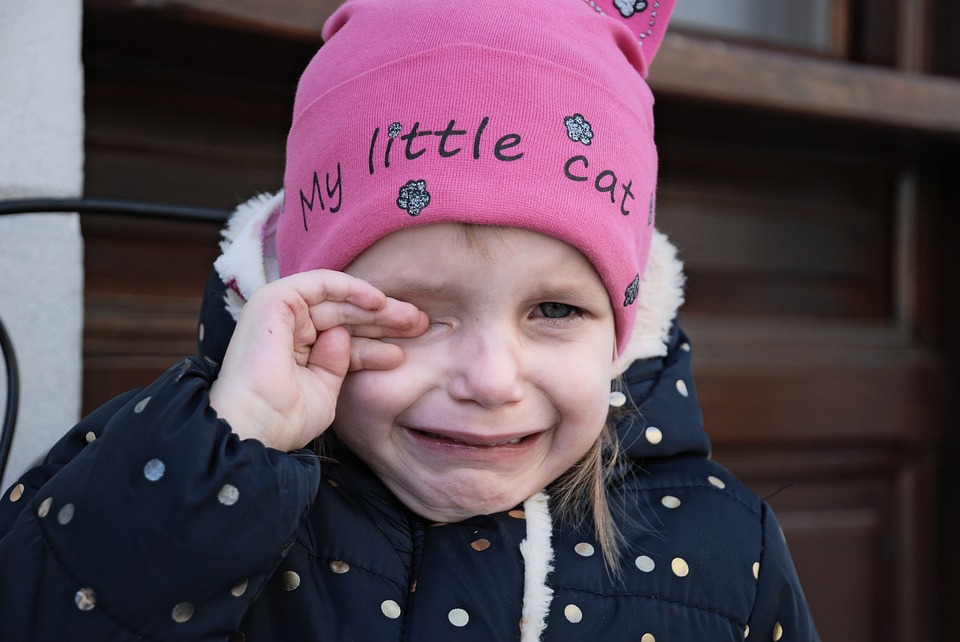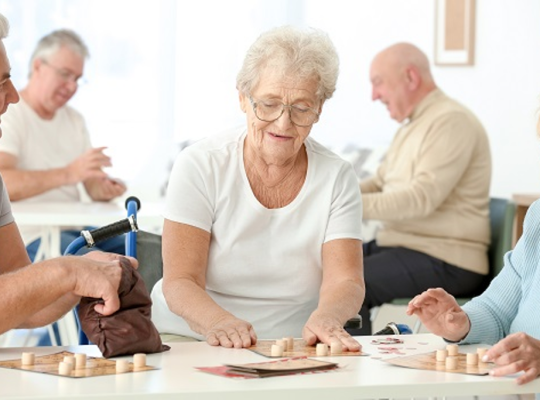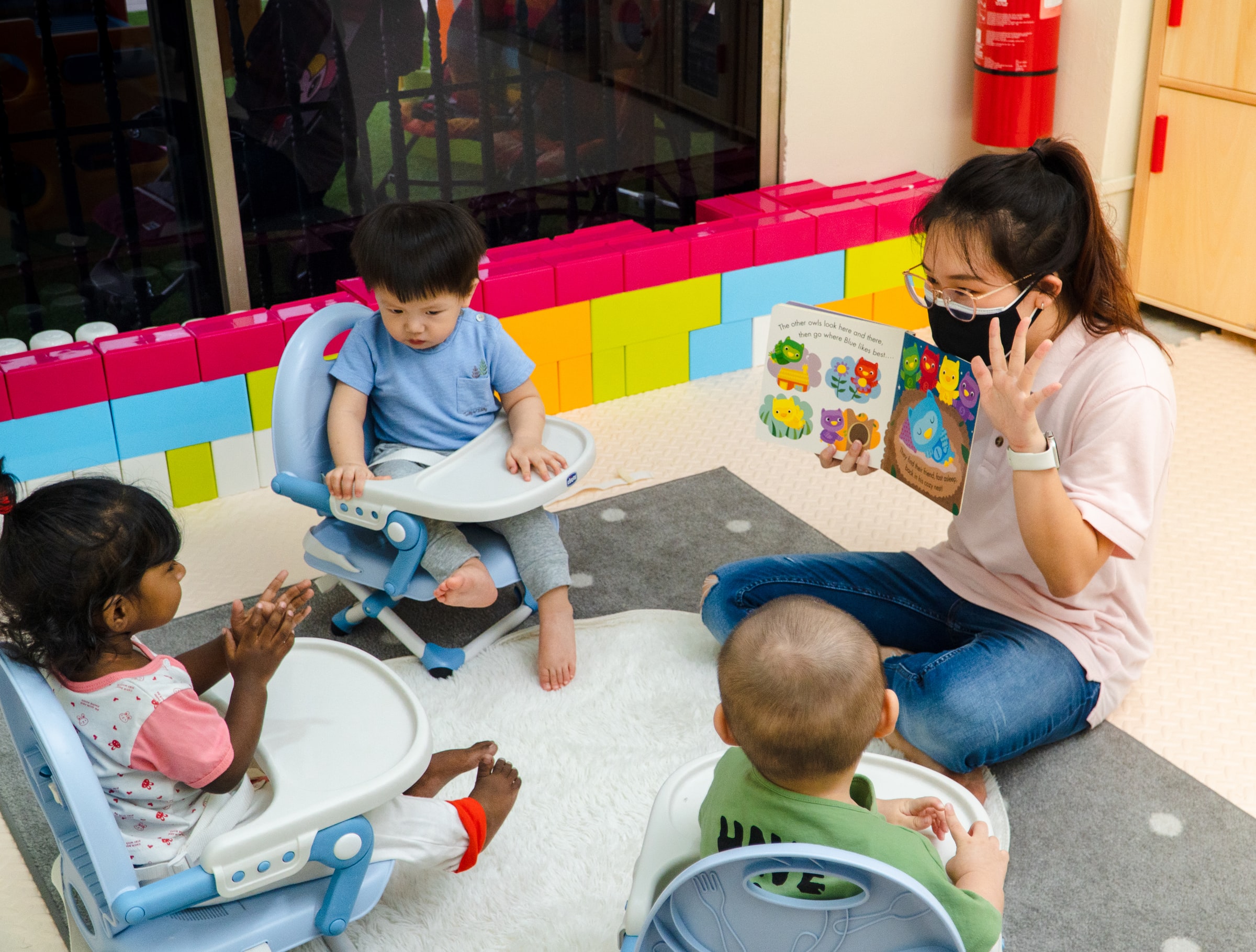Most adults treat children positively; however, some adults inadvertently harm children rather than help them. Abuse is another word for injuring someone.
Child abuse (pronounced ah-BYOOS) may impact any child, regardless of where they live, how much money their families have, their age, or who they live with. A parent, a stepparent, another family member, a babysitter, teacher, coach, or another child can abuse a child.
Child abuse may occur in various settings, including the family, school, childcare, a friend’s home, and even a church or other religious facility.

Let’s get into it;
Teach young children the words they’ll need to communicate about their bodies, as well as knowledge about limits, so they’ll know what’s acceptable and what’s not. These teachings teach students to recognize when something isn’t right and empower them to speak up.
Children should be taught the names of their physical parts. Children may find it simpler to ask inquiries and voice concerns about their body parts if they have words to describe them.
Some portions of the body are off-limits to the public. Make it clear to youngsters that they should not be touched or looked at by others. Be present if a healthcare expert has to examine certain body sections.
It’s quite acceptable to say “no”. It’s critical to teach youngsters that they have the right to say “no” to unwanted touching. Children, who are frequently instructed to be obedient and follow the rules, are not aware of this message. Even if it puts you in an awkward situation, support your child if they say no. If your child refuses to embrace someone at a family event, for example, support their decision.
Let’s talk about keeping secrets. Children are frequently manipulated by perpetrators who hide secrets. Allow children to know that they may talk to you at any time, especially if they’ve been told to keep a secret. They should not keep this secret if they notice someone molesting another youngster.
Assure them that they will not be punished. By asking inquiries or sharing about their experiences, young children typically fear getting in trouble or offending their parents. Provide a secure environment for your kid to discuss knowledge on topics that they are curious about or that make them feel uneasy. Remind them that providing this information with you will not result in their being penalized.
Demonstrate what it means to do the right thing. When you model helpful conduct for your child, it conveys that this is a normal, pleasant way to act. It might be as easy as assisting an old person in boarding a bus or picking up coins that have fallen to the ground.

Make time for them when they come to you. Take the time to listen if your child comes to you with something they believe is significant. Give them your complete attention and reassure them that you are concerned about their issues. If they believe their voice will be heard, they may be more willing to come to you in the future.
Regular discussions on personal safety are essential for growing a self-assured, resourceful youngster who can make sound decisions.
Emphasize fundamental personal safety guidelines, the proper names for all body parts, and avoiding unwanted touching. With toddlers and younger kids, keep talks brief and uncomplicated. When they grow up, try to be more specific and tell them it applies to everyone because some family members may abuse your child.
It is important how you communicate safety rules with your child. The three main points are recognising the safe and unsafe actions and being able to refuse and report. Let us know in the comments if you want more content about kids safety…








[…] Sound off in the comments section below and tell us what you want to read next. […]